Integrations of Databases and Connectors:

MySQL
Overview: MySQL is an open-source relational database management system (RDBMS) that uses structured query language (SQL) to manage and manipulate data. Known for its reliability, ease of use, and robust performance, MySQL is widely used in web applications and for storing large amounts of data in a structured format.
Integration with Analytify: Analytify seamlessly integrates with MySQL, allowing users to connect, query, and analyze their MySQL databases. This integration enables businesses to gain insights from their transactional data, generate reports, and perform data-driven decision-making.
Use Cases: Analytify Web applications, e-commerce platforms, and enterprise data management.
ORACLE
Overview: Oracle Database is a multi-model database management system produced by Oracle Corporation. It is renowned for its advanced features, including high availability, data security, and scalability, making it a preferred choice for enterprise-level applications.
Integration with Analytify: Analytify offers full compatibility with Oracle databases, enabling users to perform complex queries, extract meaningful insights, and create visual reports. The integration also supports the use of Oracle’s advanced analytics features.
Use Cases: Enterprise resource planning (ERP), customer relationship management (CRM), and financial systems.
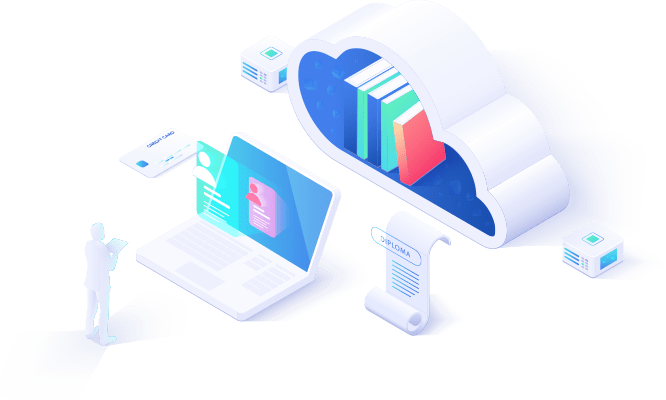

PostgreSQL
Overview: PostgreSQL is a powerful, open-source object-relational database system with an emphasis on extensibility and standards compliance. It supports advanced data types and performance optimization features, making it ideal for both simple and complex applications.
Integration with Analytify: Analytify integrates with PostgreSQL to provide a comprehensive analytical platform. Users can connect to their PostgreSQL databases, run complex queries, and visualize data trends using Analytify’ powerful tools.
Use Cases: Data warehousing, geospatial databases, and analytics-driven applications.
Microsoft SQL SERVER
Overview: Microsoft SQL Server is a relational database management system developed by Microsoft. It is known for its enterprise-level capabilities, including high performance, advanced security features, and support for business intelligence (BI) tools.
Integration with Analytify: Analytify offers seamless integration with Microsoft SQL Server, allowing users to connect to their databases, execute queries, and analyze data directly within the platform. This integration also supports SQL Server’s BI capabilities.
Use Cases: Business intelligence, data warehousing, and enterprise-level applications.
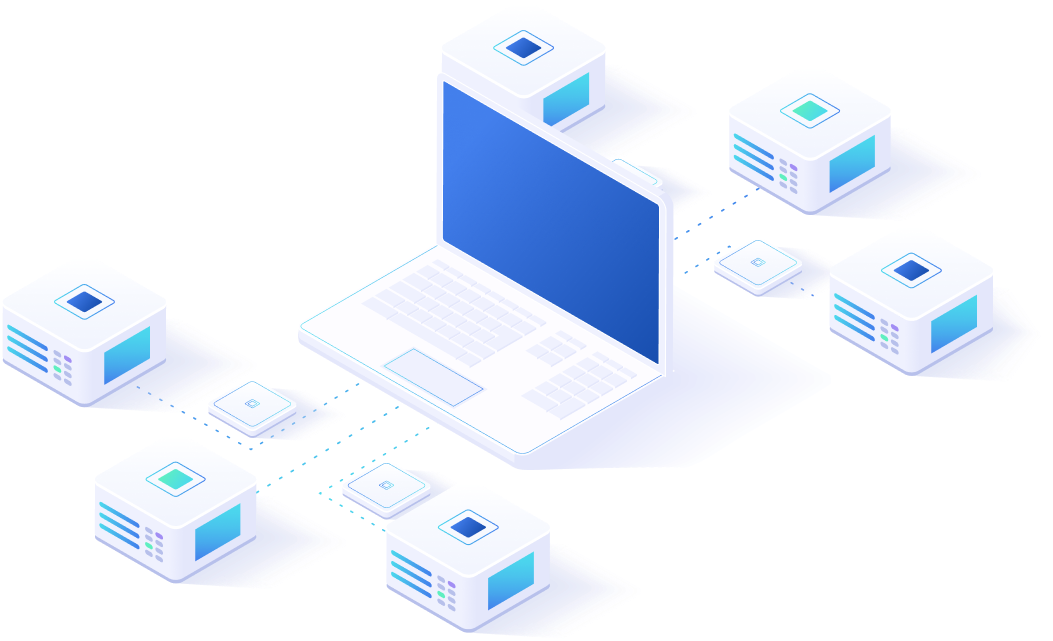

Snow Flake
Overview: Snowflake is a cloud-native data warehousing solution that allows for the storage and analysis of large datasets in the cloud. It offers features like elastic scalability, secure data sharing, and support for structured and semi-structured data.
Integration with Analytify: Analytify connects directly with Snowflake, enabling users to leverage Snowflake’s powerful cloud-based architecture. Users can run complex analytics, generate reports, and access historical data with ease.
Use Cases: Big data analytics, cloud data warehousing, and real-time data processing.
SQLite
Overview: SQLite is a self-contained, serverless, and lightweight relational database management system. It is widely used in mobile applications, embedded systems, and small-scale data storage due to its simplicity and ease of integration.
Integration with Analytify: Analytify supports integration with SQLite databases, allowing users to connect, query, and analyze their data within the platform. This integration is ideal for lightweight applications and mobile analytics.
Use Cases: Mobile applications, embedded systems, and small-scale data storage.

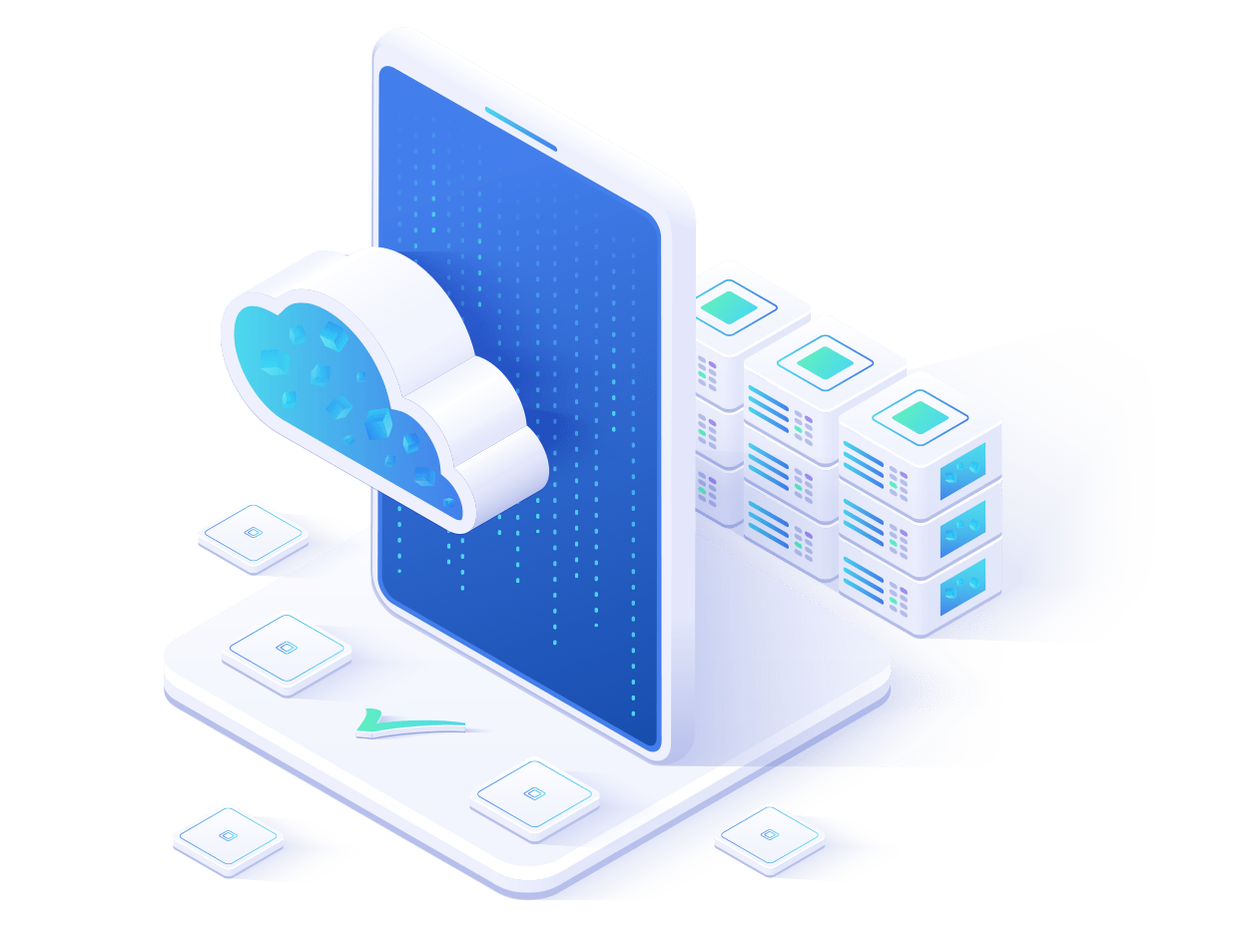
Mongo Db
Overview: MongoDB is a NoSQL database that stores data in flexible, JSON-like documents. It is designed for high availability, scalability, and ease of development, making it ideal for handling large volumes of unstructured data.
Integration with Analytify: Analytify integrates with MongoDB, enabling users to analyze and visualize their document-based data. The platform supports complex queries and aggregation pipelines, making it easier to gain insights from unstructured data.
Use Cases: Big data applications, real-time analytics, and content management systems.
PAX8
Overview: PAX8 is a cloud-based marketplace and SaaS distribution platform that empowers MSPs and IT resellers to manage, provision, and bill cloud solutions. Its industry-leading features include automated license management, consolidated billing, and streamlined subscription renewals.
Integration with Analytify: Connecting Analytify.ai to PAX8 allows teams to access streamlined dashboards and intelligent reporting—making it easier to track licenses, analyze revenue trends, and automate key billing processes. Everything operates securely through PAX8’s API, providing users with clarity and control without hassle.
Use Cases: MSP SaaS analytics, PAX8 license tracking, cloud marketplace analytics, and financial reporting.


CSV File
Overview:CSV (Comma-Separated Values) is a simple file format used to store tabular data, such as a spreadsheet or database. It is widely used for data exchange between systems and platforms due to its simplicity and ease of use.
Integration with Analytify: Analytify integrates with Excel files, Analytify allows users to upload and analyze CSV files directly within the platform. This integration supports data import, transformation, and visualization, making it easy to work with structured data.
Use Cases: Data exchange, reporting, and data import/export tasks.
Excel File
Overview: Microsoft Excel is a popular spreadsheet application that allows users to organize, format, and calculate data. Excel files are widely used in business environments for data analysis, reporting, and financial modeling.
Integration with Analytify: Analytify integrates with Excel files, enabling users to import, analyze, and visualize data directly from their spreadsheets. This integration is ideal for users who rely on Excel for data management and need advanced analytical capabilities.
Use Cases: Financial analysis, reporting, and business modeling.


SAP HANA
Overview:SAP HANA is an in-memory, column-oriented, and relational database platform designed for high-performance analytics and transactional processing. It supports both on-premises and cloud deployments, offering advanced features like real-time analytics, massive parallel processing, and integration with predictive and spatial data models.
Integration with Analytify: Analytify integrates with SAP HANA, enabling secure and seamless access to your enterprise data in real time. Connect directly to your SAP HANA database, run queries instantly, and explore your data without complex setup.
Use Cases: Real-time dashboards, Enterprise reporting, Hybrid transactional/analytical processing (HTAP), Performance-sensitive BI applications..
QuickBooks
Overview: QuickBooks is a widely used accounting software designed for small and medium-sized businesses. It simplifies bookkeeping, invoicing, payroll, and financial management while supporting integration with various third-party applications.
Integration with Analytify: Analytify integrates with QuickBooks to import financial data such as invoices, bills, expenses, and revenue. This integration eliminates manual data entry, automates synchronization, and provides actionable financial insights.
Use Cases:Small business financial analysis, Real-time bookkeeping dashboards, Cash flow monitoring, Expense tracking.


Salesforce
Overview:Salesforce is a leading cloud-based customer relationship management (CRM) platform offering tools for sales, service, marketing, and analytics. It enables businesses to centralize and manage customer data effectively.
Integration with Analytify: Analytify integrates with Salesforce to import leads, opportunities, accounts, and service case data. This integration supports complex queries and combined analytics for CRM and other business data.
Use Cases: Lead-to-revenue tracking, Customer lifecycle analytics, Cross-platform business performance dashboards.
ConnectWise
Overview: ConnectWise is a professional services automation (PSA) and managed services platform that helps service providers manage tickets, billing, projects, and operations efficiently.
Integration with Analytify: Analytify integrates with ConnectWise via its MSP Connector API to extract tickets, work orders, invoices, and service metrics. This integration enhances operational analysis and billing efficiency.
Use Cases:MSP service dashboards, SLA compliance tracking, Profitability and utilization reporting.


HaloPSA
Overview:HaloPSA is a cloud-based PSA solution designed for IT service providers and managed services businesses. It includes modules for service desk, CRM, project management, reporting, billing, and analytics.
Integration with Analytify: Analytify integrates with HaloPSA to import ticket trends, project data, contract details, and stock information, enabling advanced service intelligence and reporting.
Use Cases:Helpdesk performance tracking, Project profitability analysis, Resource utilization dashboards.
Shopify
Overview: Shopify is a popular e-commerce platform that enables businesses to manage online stores, process orders, and track customer interactions. It supports REST APIs for seamless data integration.
Integration with Analytify: Analytify integrates with Shopify to sync sales, customer, and product data. This integration provides e-commerce KPIs, inventory insights, and customer behavior analytics.
Use Cases: Sales performance dashboards, Product trend analysis, Inventory turnover tracking, Customer segmentation.


Google Sheets
Overview:Google Sheets is a cloud-based spreadsheet application that allows real-time collaboration and data sharing. It is widely used for organizing and managing data in a lightweight format.
Integration with Analytify: Analytify integrates with Google Sheets to import spreadsheet data, enabling manual data entry to be combined with advanced analytics and visualization.
Use Cases: Operational dashboards, Quick data onboarding, Combined analysis of spreadsheet and system data.
NinjaOne
Overview:NinjaOne is a remote monitoring and management (RMM) platform that provides endpoint monitoring, patch management, ticketing, and IT automation capabilities.
Integration with Analytify: Analytify integrates with NinjaOne to analyze endpoint health, patch status, and support ticket data. This integration provides comprehensive IT operational insights.
Use Cases: Endpoint performance dashboards, Patch compliance reporting, IT support trend analysis.

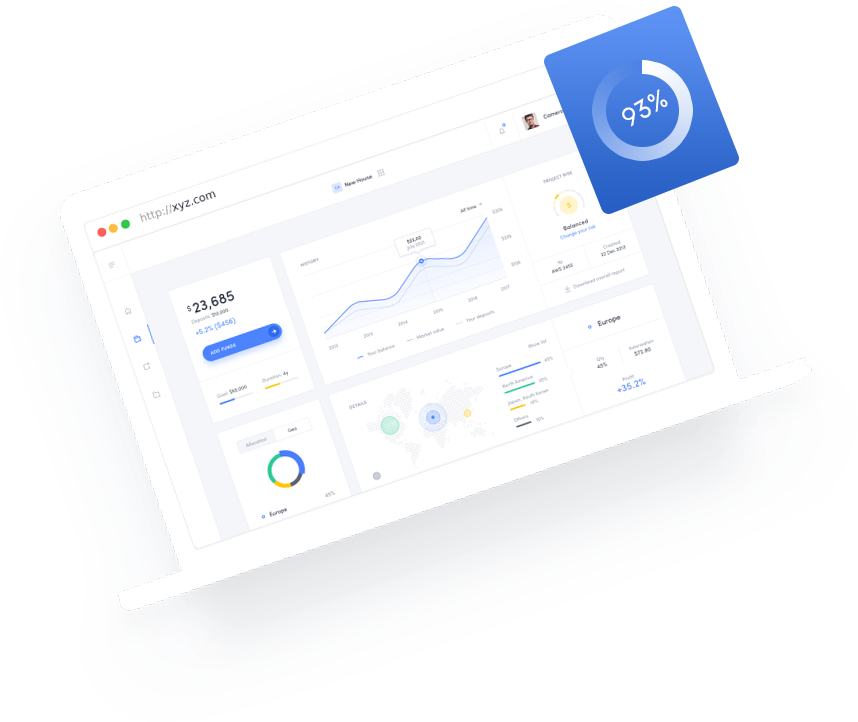
Google Analytics (GA4)
Overview:Google Analytics (GA4) is a web analytics platform that tracks website traffic, user behavior, and conversion metrics. It offers APIs for seamless integration with BI tools.
Integration with Analytify:Analytify integrates with Google Analytics to import event tracking, conversion, and campaign data for marketing and web performance analytics.
Use Cases: Marketing performance dashboards, Conversion funnel analysis, Campaign ROI reporting.
HubSpot
Overview:HubSpot is a CRM and inbound marketing platform that helps businesses manage customer relationships, automate campaigns, and analyze marketing data.
Integration with Analytify:Analytify integrates with HubSpot to import contacts, deals, and marketing campaign results. This integration combines CRM insights with other business data.
Use Cases: Lead funnel analytics, Campaign performance dashboards, Customer segmentation reporting.


ImmyBot
Overview: ImmyBot is an IT automation platform used for endpoint configuration, software deployment, and automated patching. It streamlines device management for IT teams.
Integration with Analytify:Analytify can integrate with ImmyBot to collect device and patching data for centralized IT performance analysis.
Use Cases: Automated patch compliance reporting, Endpoint lifecycle tracking, IT process efficiency dashboards.
Tally
Overview: Tally is an accounting and enterprise resource planning (ERP) software widely used by businesses for bookkeeping, inventory management, and tax compliance.
Integration with Analytify:Analytify integrates with Tally to access ledger, transaction, and inventory data, allowing businesses to create visual dashboards, analyze financial trends, and gain actionable insights without manual reporting.
Use Cases: Accounting analytics, GST and tax compliance reporting, Inventory cost tracking.
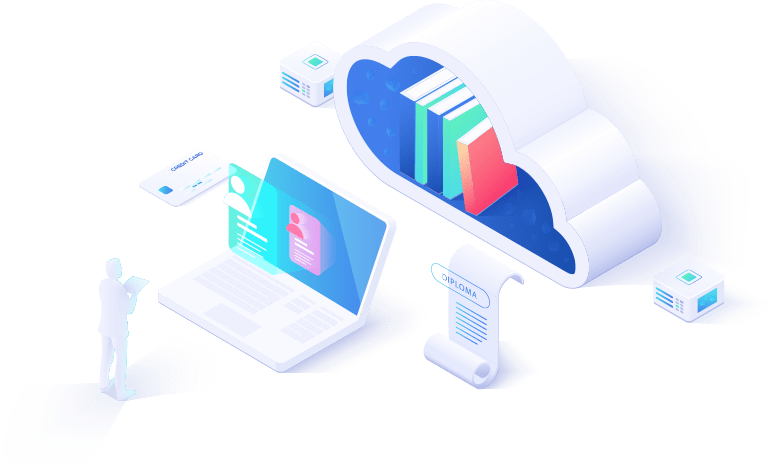

BambooHR
Overview: BambooHR is a human resources management software (HRMS) designed for small and medium-sized businesses. It manages employee records, performance, and onboarding.
Integration with Analytify:Analytify integrates with BambooHR to analyze workforce data, employee performance metrics, and HR trends.
Use Cases: Employee performance dashboards, HR compliance analytics, Workforce planning.
Zoho CRM
Overview: Zoho CRM is a cloud-based customer relationship management platform that helps businesses manage sales, marketing, and customer support in one place. It provides automation, AI-driven insights, and integrations to streamline customer engagement and sales operations.
Integration with Analytify: This integration allows users to combine CRM data with other business sources, enabling comprehensive sales and marketing analytics.
Use Cases: Sales pipeline performance dashboards Lead-to-deal conversion analysis Customer segmentation and retention reporting Cross-platform marketing and revenue insights

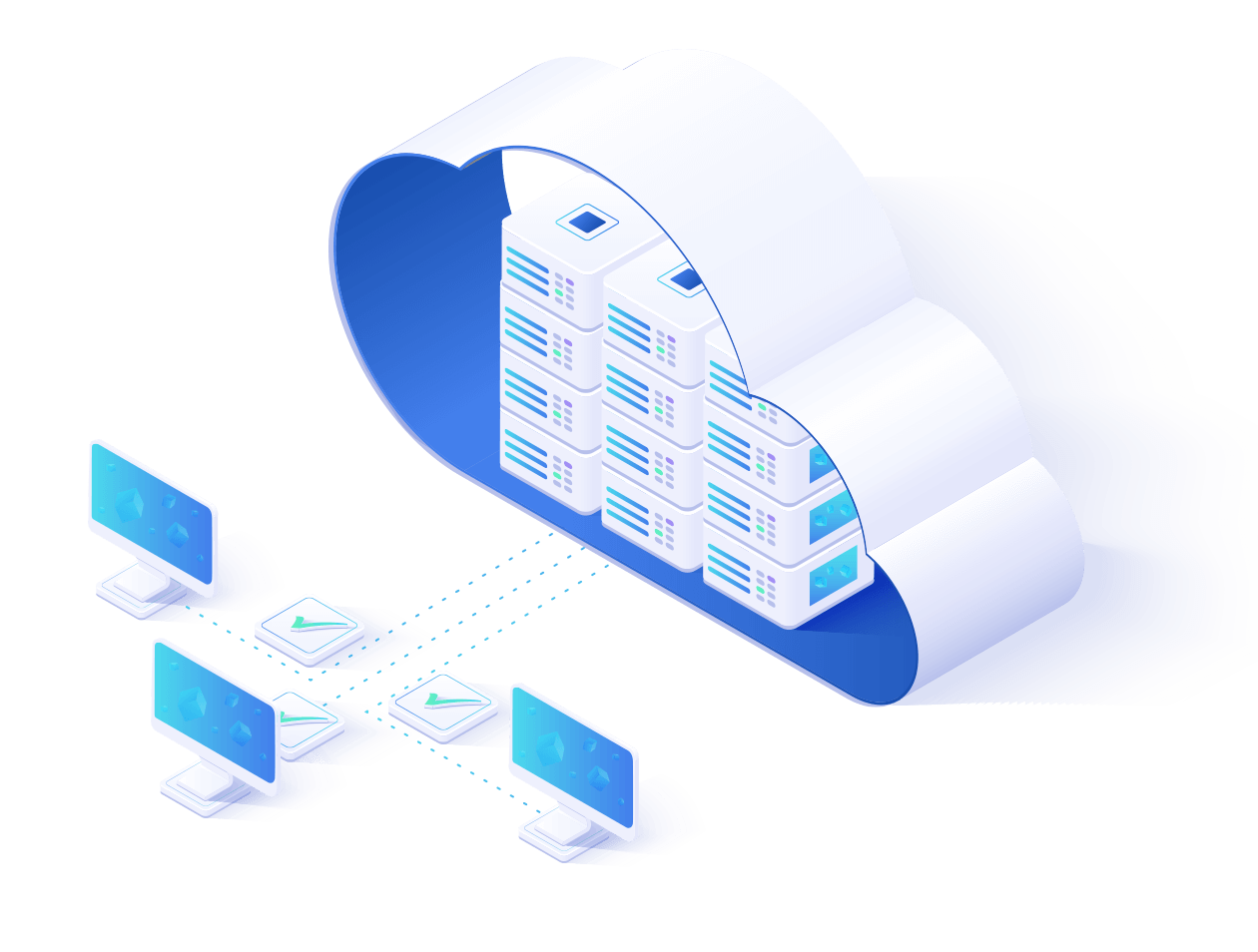
dbt (Data Build Tool)
Overview: dbt (Data Build Tool) is a modern data transformation framework that enables analytics teams to transform, test, and document data directly in the warehouse. It helps standardize data pipelines and ensures reliable, analytics-ready datasets.
Integration with Analytify: Analytify integrates with dbt to pull model run results, test outcomes, and transformation logs. By connecting dbt with Analytify, organizations can monitor pipeline performance, track data freshness, and visualize analytics-ready datasets.
Use Cases: Data pipeline health dashboards Transformation success and failure monitoring Data quality and test coverage reporting Analytics-ready dataset visibility across teams

Jira
Overview: Jira is a popular project management tool for Agile teams, supporting issue tracking, sprint planning, and workflow management.
Integration with Analytify: Connect Jira with Analytify to visualize sprint progress, team productivity, and issue trends in real time.
Use Cases: Sprint dashboards, Velocity tracking, Bug trend analysis, Resource utilization.
OpenAI
Overview: OpenAI provides advanced language models (GPT series, Codex, DALL·E) that enable natural language processing, text generation, and intelligent automation.
Integration with Analytify: Analytify integrates with OpenAI in a read-only analytics workflow—enabling natural language querying, automated report generation, and AI-driven insights. It also allows tracking and analyzing AI model usage data to help organizations monitor performance and optimize their AI-driven operations.
Use Cases: Conversational BI, Automated report narratives, AI-driven data exploration.


DeepSeek
Overview: DeepSeek is a provider of open-weight large language models such as DeepSeek-V3 and DeepSeek-R1, optimized for reasoning and cost-efficient AI applications.
Integration with Analytify: Analytify integrates with DeepSeek to power natural language querying, reasoning over existing datasets, and usage monitoring of AI-driven features. This integration helps measure and optimize AI utilization without modifying source data.
Use Cases: AI-driven reasoning, Predictive insights, Advanced natural language BI.
Gemini (Google LLM)
Overview: Gemini is Google DeepMind’s multimodal LLM suite, including Gemini Ultra, Pro, and Nano, designed for advanced content generation, automation, and contextual insights.
Integration with Analytify: Analytify integrates with Gemini to enhance dashboards with multilingual narratives, contextual summaries, and usage analytics of AI-powered features—helping organizations understand and optimize their LLM operations.
Use Cases: Automated report writing, Multilingual business insights, AI-powered data exploration.


Jira
Overview: Jira is a popular project management tool for Agile teams, supporting issue tracking, sprint planning, and workflow management.
Integration with Analytify: Connect Jira with Analytify to visualize sprint progress, team productivity, and issue trends in real time.
Use Cases: Sprint dashboards, Velocity tracking, Bug trend analysis, Resource utilization.
If your database type isn’t listed, please contact us and we’ll do our best to accommodate.